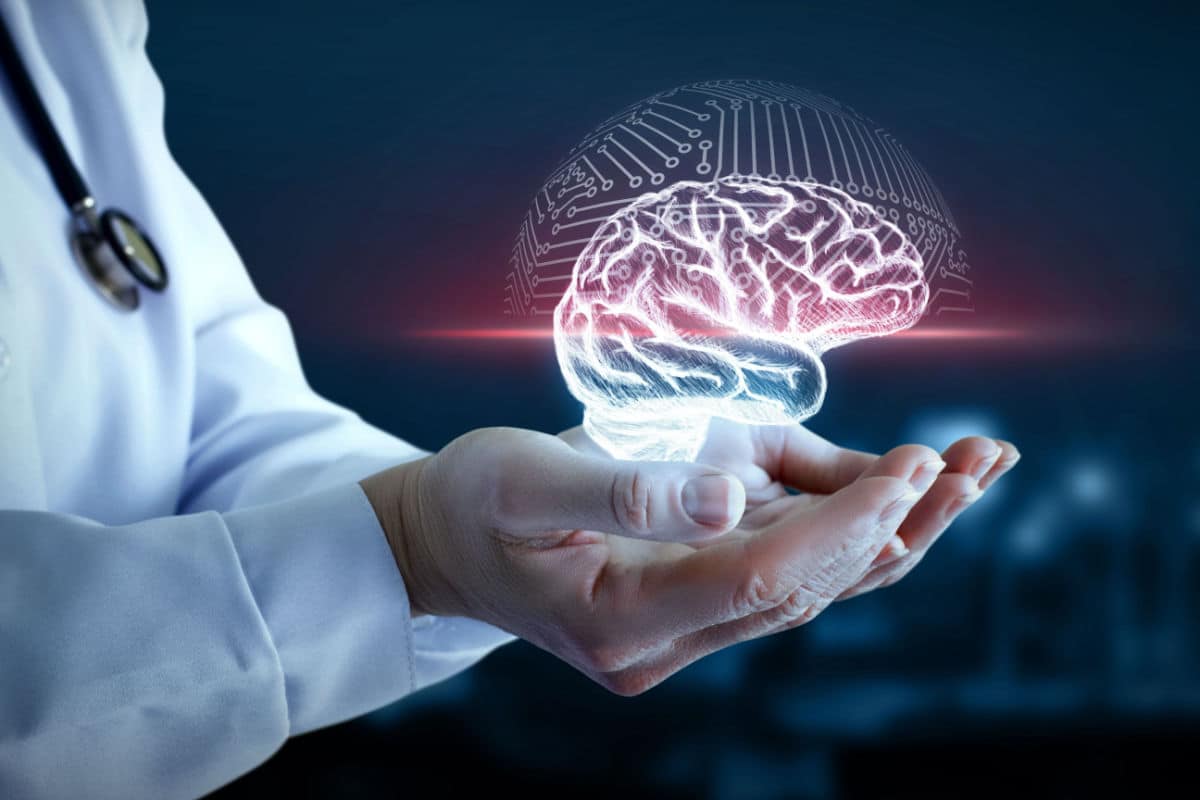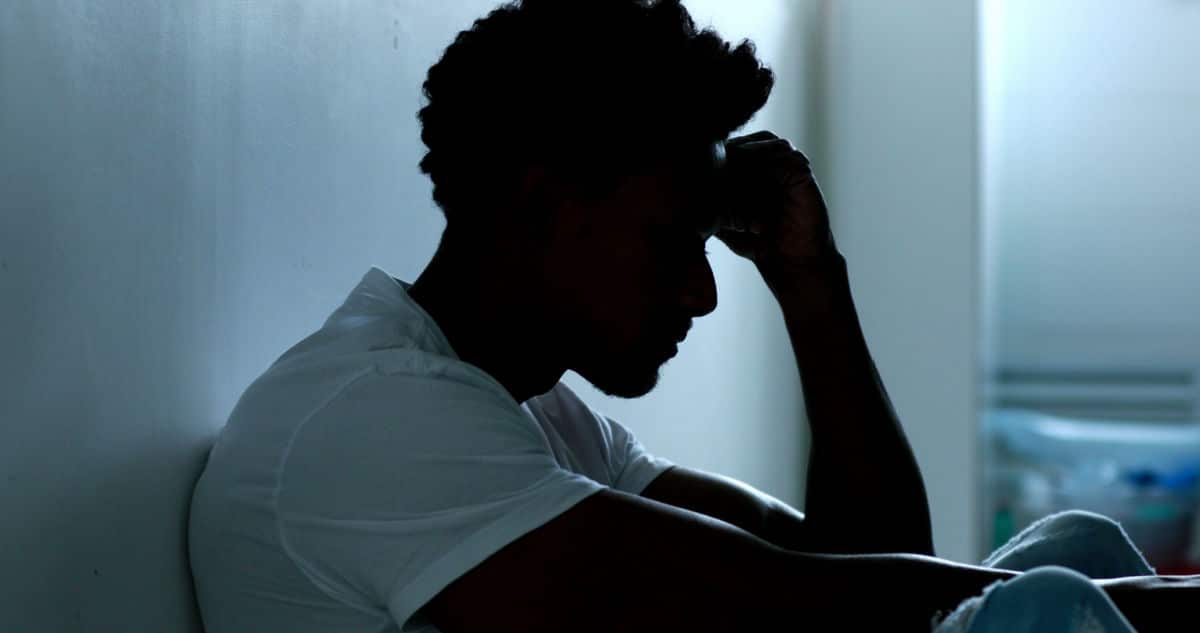Alcohol: America's Most Prevalent Addiction

Opiates: Prescription Medications Turned Addiction
Opiates represent another group of substances with a concerning prevalence in the United States. The Substance Abuse and Mental Health Services Administration revealed that approximately 2 million Americans grappled with opiate abuse or addiction in 2012. This surge in opiate-related issues can be attributed to the significant increase in opiate prescriptions by physicians over the past few decades.
In 1991, doctors wrote a mere 76 million opiate prescriptions for patients. However, by 2013, this number had soared to nearly 207 million prescriptions across the nation. This rise in prescriptions directly contributed to an increase in cases of opiate abuse and addiction, with many individuals turning to emergency care due to non-prescription opiate use. Common opiates such as Vicodin, OxyContin, and Percocet are frequently misused, highlighting the urgency of addressing this issue.
Heroin: The Consequence of the Opioid Epidemic
Heroin, while distinct from prescription opiates, affects the body and mind in similar ways. In some cases, individuals who can no longer access the prescription opiates they depend on turn to heroin when their prescriptions run out. Heroin use in the United States nearly doubled from 2005 to 2012, and the numbers continue to rise.
Heroin abuse is a significant contributor to the opioid epidemic in the United States. This illicit substance is often more affordable and accessible than prescription medications, enabling individuals to continue their opioid abuse. Understanding the link between prescription opiates and heroin abuse is vital to addressing this ongoing crisis.
Seeking Help for Substance Abuse and Addiction
If you or someone you know is grappling with substance abuse or addiction, it’s crucial to understand that help and hope are available. Recovery is possible, and there are various treatment options to consider. Don’t wait; the path to healing begins with reaching out for support.
Silver Pines Treatment Center is a beacon of hope for individuals battling addiction. Their compassionate and experienced team is dedicated to helping you or your loved one on the journey to recovery. To take the first step, call Silver Pines Treatment Center at 267.719.8689. Your commitment to recovery can start today.
Exploring Treatment Options for Addiction
Understanding the prevalence of alcohol, opiates, and heroin abuse is only the first step in addressing the issue. The path to recovery often requires professional help and support. Here are some treatment options to consider:
- Inpatient Rehabilitation: Inpatient treatment programs provide a structured environment where individuals can focus on their recovery without the distractions of everyday life. These programs offer comprehensive care, including therapy, medical supervision, and support to help individuals overcome addiction.
- Outpatient Programs: Outpatient treatment allows individuals to receive care while maintaining their daily routines. This option is suitable for those with milder forms of addiction or those who have completed inpatient treatment and need ongoing support.
- Medication-Assisted Treatment (MAT): MAT combines behavioral therapy with medications to treat substance use disorders. It is particularly effective in treating opioid addiction and helps to reduce cravings and withdrawal symptoms.
- Counseling and Therapy: Individual and group therapy sessions are integral to the recovery process. They provide a safe space for individuals to explore the root causes of their addiction and develop coping strategies.
- Support Groups: Joining support groups such as Alcoholics Anonymous or Narcotics Anonymous can be an essential part of recovery. These groups provide a sense of community and understanding among individuals who share similar struggles.
- Holistic Approaches: Some individuals find success in holistic treatments such as yoga, meditation, and art therapy. These practices can complement traditional treatment methods.
Remember that addiction recovery is a personal journey, and what works best for one person may differ from another. It is important to consult with a healthcare professional or addiction specialist to determine the most suitable treatment plan for your specific needs.
The Road to Recovery
Recovery from addiction is a deeply personal and transformative journey. It’s not just about overcoming physical dependencies; it’s also about addressing the underlying emotional and psychological factors that contribute to addiction. Here’s a more in-depth look at the stages of recovery:
- Acknowledgment and Acceptance: The first step is recognizing that there is a problem and accepting the need for change. This can be a challenging but essential step.
- Detoxification: For many, detox is the initial phase. It involves ridding the body of the substance and managing withdrawal symptoms. Medical supervision is often necessary during this phase.
- Treatment and Therapy: Once detox is complete, the real work begins. Therapy, whether individual or group, is instrumental in addressing the psychological aspects of addiction. It helps individuals develop coping strategies and emotional resilience.
- Rebuilding Relationships: Addiction often strains relationships. In recovery, individuals work on repairing these connections, mending trust, and seeking forgiveness.
- Relapse Prevention: Relapse is a possibility in recovery, but it can be prevented. This stage focuses on identifying triggers, developing strategies to avoid relapse, and building a support network.
- Sustained Recovery: The ultimate goal of recovery is not just to quit using substances but to lead a fulfilling and meaningful life. This stage involves maintaining sobriety, pursuing personal goals, and finding purpose.
The Role of Support and Treatment
The Importance of Seeking Help
If you or someone you love is grappling with substance abuse or addiction, reaching out for help is a crucial step. Addiction is a complex and challenging issue, but with the right support and resources, recovery is attainable. Don’t let addiction control your life; take the first step toward a healthier, brighter future.
Silver Pines Treatment Center is dedicated to helping individuals break free from the grip of addiction. By calling 2855.569.7547, you can begin your journey towards recovery. Remember, you are not alone, and there is hope for a better tomorrow.





